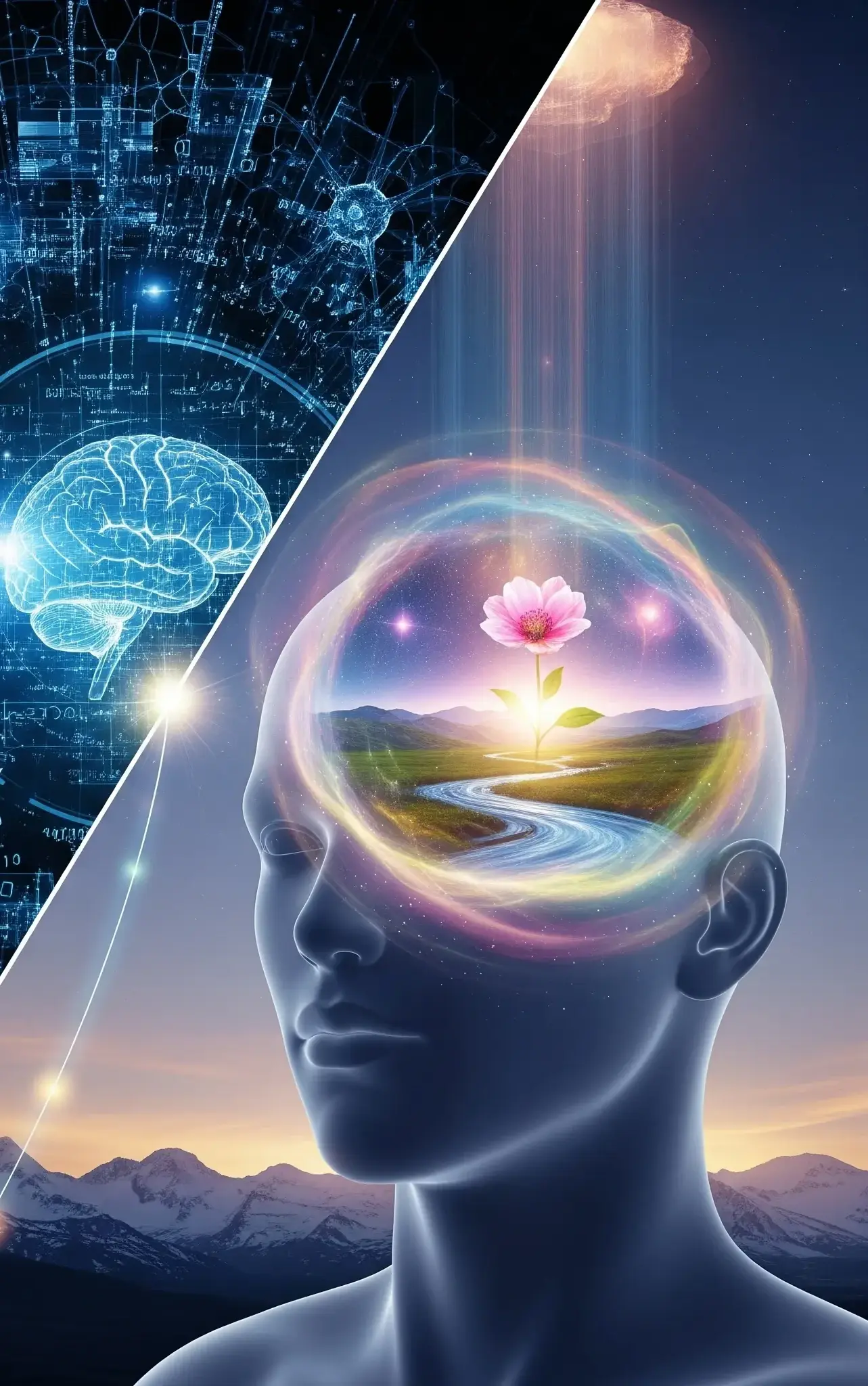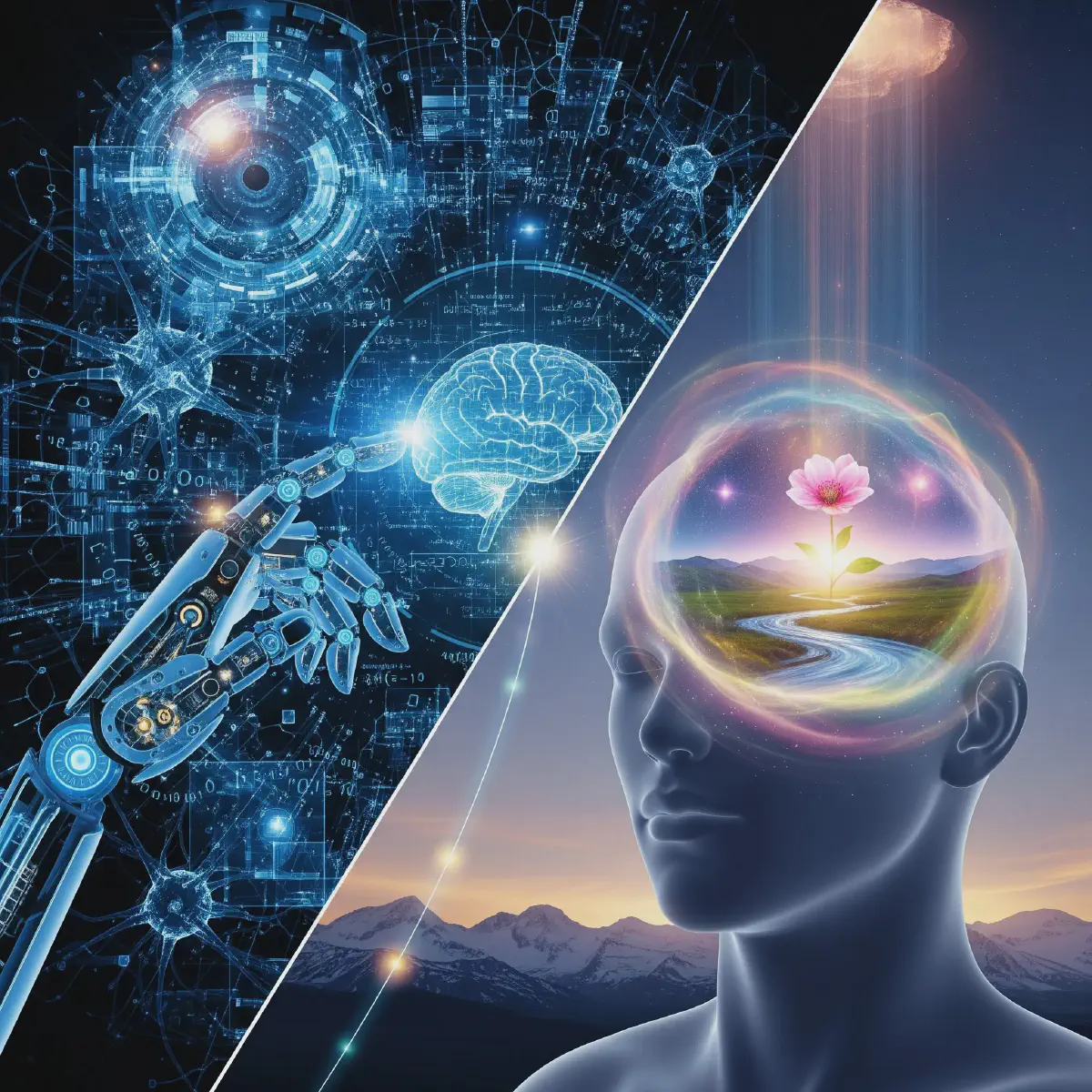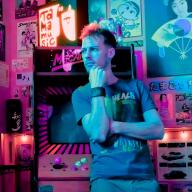Introduction #
In recent years, we have witnessed the emergence of a new technology that has far surpassed anything we have achieved so far. It is about imitating the human mind, about reaching an unparalleled potential in knowledge, creativity, writing, poetry, analysis, study, and a long etcetera. Many science fiction movies were made about it in the past, trying to warn humanity of its possible self-destruction. And now, looking no further, it is no longer something only possible in the imagination, but a part of our daily lives. The question is, are we on the verge of our own self-extinction with what we have created?
It is important to note that since time immemorial, humans have feared the emergence of new, unknown technologies. For example, it was surely the same situation when computers were invented; at that time, people would have thought that we had replicated the human brain, that it would have its own thoughts and would destroy us with much blood and suffering. This is because of a protective system that we have as an animal instinct, which is ultimately what we are. But what if this time it were true?
First of all, we must understand what Artificial Intelligence is exactly. Artificial Intelligence is actually nothing more than a simple tool, a very powerful algorithm that tries to simulate the functioning of our neurons, capable of processing text, images, or many variations of data and offering you the desired result. This, in the end, is nothing more than a very complex and elaborate algorithm that processes billions of possibilities at the same time as if they were parallel universes and from among all of them shows you the result that is most likely the one you are looking to obtain. It may sound complex, but it is actually that simple, an algorithm of possibilities with a great computational capacity that elaborates probabilistic results, the key to its success lies in the large number of possible results it processes.
Why is it not going to kill us? #
As I said before, Artificial Intelligence is a tool, and like any tool, it depends on how we use it; this is no different from a knife or a computer. A knife is an extremely useful tool used worldwide, but it also has the capacity to cause harm if misused. A computer is another tool, capable of processing data, but it only does what we ask it to do, and it will not do anything else.
Now, artificial intelligence is such a powerful tool that we have never had anything of a similar magnitude before. Its possibilities are gigantic. On one hand, it is completely replacing human labor, as it is capable of simulating thought and calculation to obtain desired results. That does not mean it cannot be used to create more sophisticated weapons of war, or unimaginable government strategies, or more effective systems of manipulation than those we have, in the end, it is nothing more than a tool, a powerful tool. Ideally, the true usefulness we should give it is to create a better world for everyone.
It is such a powerful tool that the future is entirely uncertain, as thanks to artificial intelligence, new technologies that have not yet been invented by humans will begin to develop. Atomic simulations of physics that we have not been able to experience due to physical limitations will be conducted. It will be able to create new, more sophisticated algorithms since our mental capacity is more limited. It will generate new and better inventions thanks to the sum of all the knowledge it has processed. The world five years from now will be unrecognizable and unimaginable compared to today.
But artificial intelligence has no consciousness, no thoughts of its own, none of what makes us human. It is only a text processor, only a bit processor, only a processor of possibilities. It only processes, processes, and nothing more. It doesn’t think, although its so great that it can make us believe it does.
Artificial intelligence aims to simulate the functioning of the brain/neurons and already provides results better than humans; however, it has no consciousness or independent thought.
Even if it is a very powerful algorithm that can make you believe it has consciousness, if you pay attention, it only does so because you are inducing that dialogue; it will never tell you on its own. Remember: it only processes what you tell it.
But, what is consciousness? #
Consciousness is a concept that has been studied by philosophers, psychologists, and scientists for centuries. In simple terms, consciousness is the ability to be aware of oneself and the environment. It is the subjective experience of the mind, which includes thoughts, emotions, perceptions, and sensations.
But where does it come from? Nobody knows, it is a mystery that has intrigued humanity since time immemorial. Some believe that consciousness is the result of brain activity, while others believe it is something deeper and more spiritual.
A result of brain activity… ? #
If so, why are there people with brain damage who still have consciousness? There are many cases of people who have been in a coma or have had brain damage or have even been in vegetative states where they could not move, speak, or react and yet were perfectly aware of everything that was happening around them, of the things that were said about them.
It is curious how in these cases, where the brain can be highly affected, deteriorated, damaged, or dysfunctional, consciousness seems to remain intact. This makes us wonder, where does consciousness exactly come from?
If we observe, it seems that consciousness comes from what we are seeing, but that is only because we have eyes with which we perceive the external world. If we try to appreciate the environment differently, it seems we can be present with the present, listening to sounds, but that is only because we have ears with which to perceive the real world. In the end, all perception of the world comes only from our senses and our brain’s ability to process that information and convert it into understandable data for us: the ability to see colors as colors instead of light frequencies, the ability to hear the forms of sound instead of vibrations in the air. Even so, we could close our eyes and nullify the rest of our senses and still be able to have our own thoughts, still have consciousness, still have presence. And if it does not come from our brain, where does it come from?
What if we are just conscious nodes in a network? #
In computer terms, after years of studying computational technologies, it is well known that a computer configuration in a mode called “thin clients” is much more optimal. This configuration consists of each computer lacking a hard drive, powerful hardware, and also an operating system. It is basically just a physical interface for a person to use. The entire operating system, data, processing, etc., come from a central computer with more capacity that provides it over the network to all the lightweight machines.
Consciousness is so vast, varied, and limitless that it is hard to believe that all of it could fit into a brain. It would be more efficient to be simple antennas connecting to a processing that comes from somewhere else.
And creativity is an even greater mystery. Creativity can appear without prior data and in a microsecond with a vast amount of information about that creation. And the most curious thing is that many of the greatest inventions in history appeared in a moment of no thinking, instantaneously, which many geniuses in history, like Einstein, described.

So, will we survive? #
We cannot know what consciousness is, nor creativity, where it comes from, and without more specific data, it would not be ethical to speculate about it, although it is a delicious source of inspiration for the study of the subject.
What is clear is that artificial intelligence does not possess consciousness, although its processing capabilities may be good at persuading us otherwise, it is only a wonderful algorithm selector, and like many previous inventions, such as the steam train they called the “iron horse,” or computers that seemed to have their own thoughts, it is still a wonderful tool and nothing more than a tool, without consciousness.
For that simple reason, artificial intelligence is not going to destroy us like in the Terminator movie. The only one who can and has the capacity to destroy us is ourselves, and even more so with powerful tools. We are the most dangerous animal on this planet, and with the progress of technology and our increasingly limitless capabilities, we must, more than ever, emphasize the responsibility we have in the world as human beings.
For that reason, we are the creators of this world, and we will be the future creators of new worlds, as long as our true purpose in this universe remains pure. Because if not, natural selection will do its job with us, and we simply will not have been worthy of continuing the progress of this universe to guide it towards its total unity.

